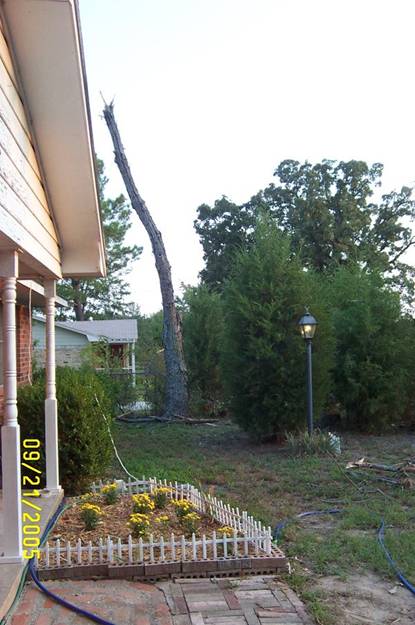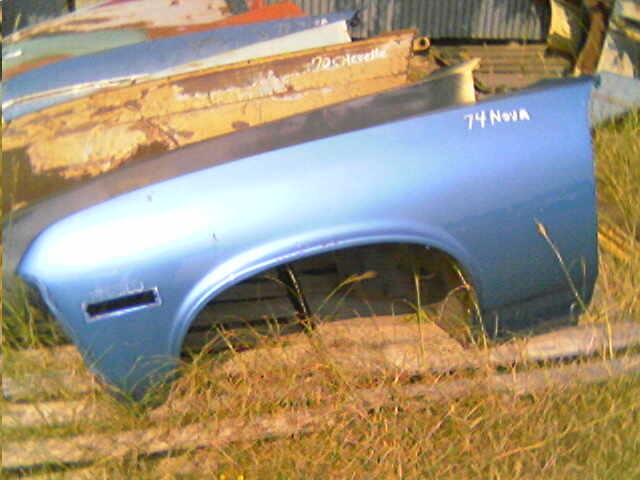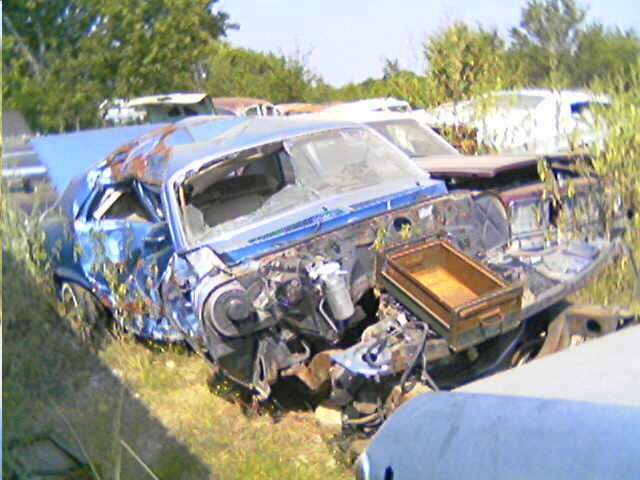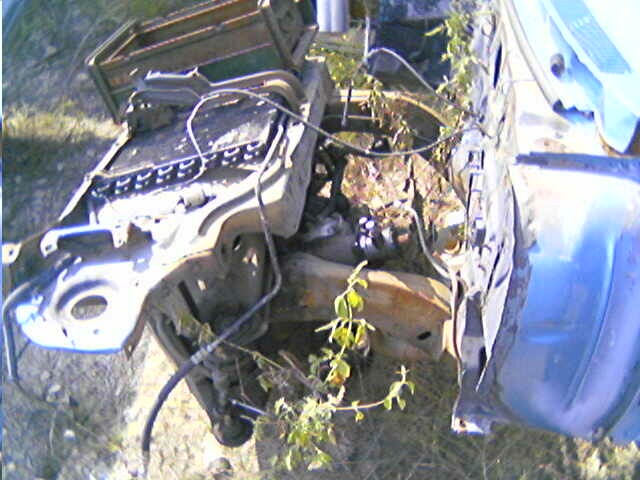Today I learned about a disturbing story in Pennsylvania: a guy told his doctor he has 6-8 beers a day, then the state suspends his driver’s license.
What happened? Pennsylvania requires doctors to report conditions that dramatically affect a person’s ability to drive. This makes sense for things like blindness or dementia.
But why did this innocent guy get his license suspended? Simply because of the possibility of a DUI, even though his last one was 24 years ago!
This happened because we cast driving as a privilege. This means the state may justify any driving restriction per se, legitimizing arbitrary and capricious rules.
Driving should be considered a right. It’s alright for driving to be a limited right with age restrictions. The right should be taken away or amended if there is just cause. But state must have the burden of proving the restriction’s need, not the other way around.
It immensely bothers me that an innocent citizen’s license was taken away. If the doctor reported this observation, and the patient was caught with a DUI after this report, then the doctor’s report may justify more severe consequences. But it’s asinine to remove an innocent person’s license just because he was sharing important information with his doctor. It’s like being hauled in for wife beating just because someone came to a doctor with a wrist injury that is suggestive of the injured person having hit something–anything.
See the Orwellian overtones?
Free societies are special because of a respect for individual liberties and rights. This means you need a valid reason to curtail rights. This means you don’t execute people just for toeing a line. This means you don’t treat people like robots, whose whole life’s purpose is to exactingly meet every rule. In free societies, you cannot expect perfection, and you must tolerate, if not explicitly permit, imperfect behavior. That’s why speed laws require “reasonable and prudent” speeds, not “perfect and guaranteed risk-free” speeds.
The line between “imperfect” and “dangerous or malicious” is open for debate. But this guy wasn’t even given a chance to nudge that line.
You ever see the movie Minority Report? The movie’s premise is:
In the future, criminals are caught before [they even commit a crime], but one of the officers in the special unit is accused of one such crime and sets out to prove his innocence. (IMDB)
I thought this was a dystopian future.
I was wrong.
Today I am proud that I am an ignorant Texas Republican redneck. I would be ashamed to be a Pennsylvanian.





























